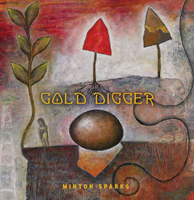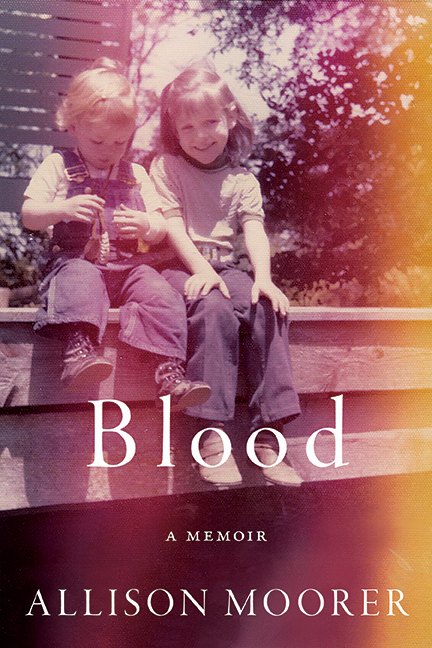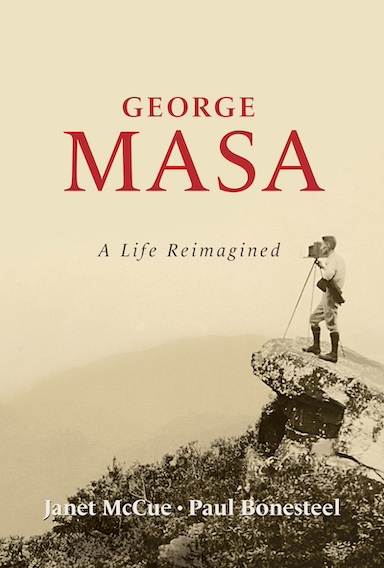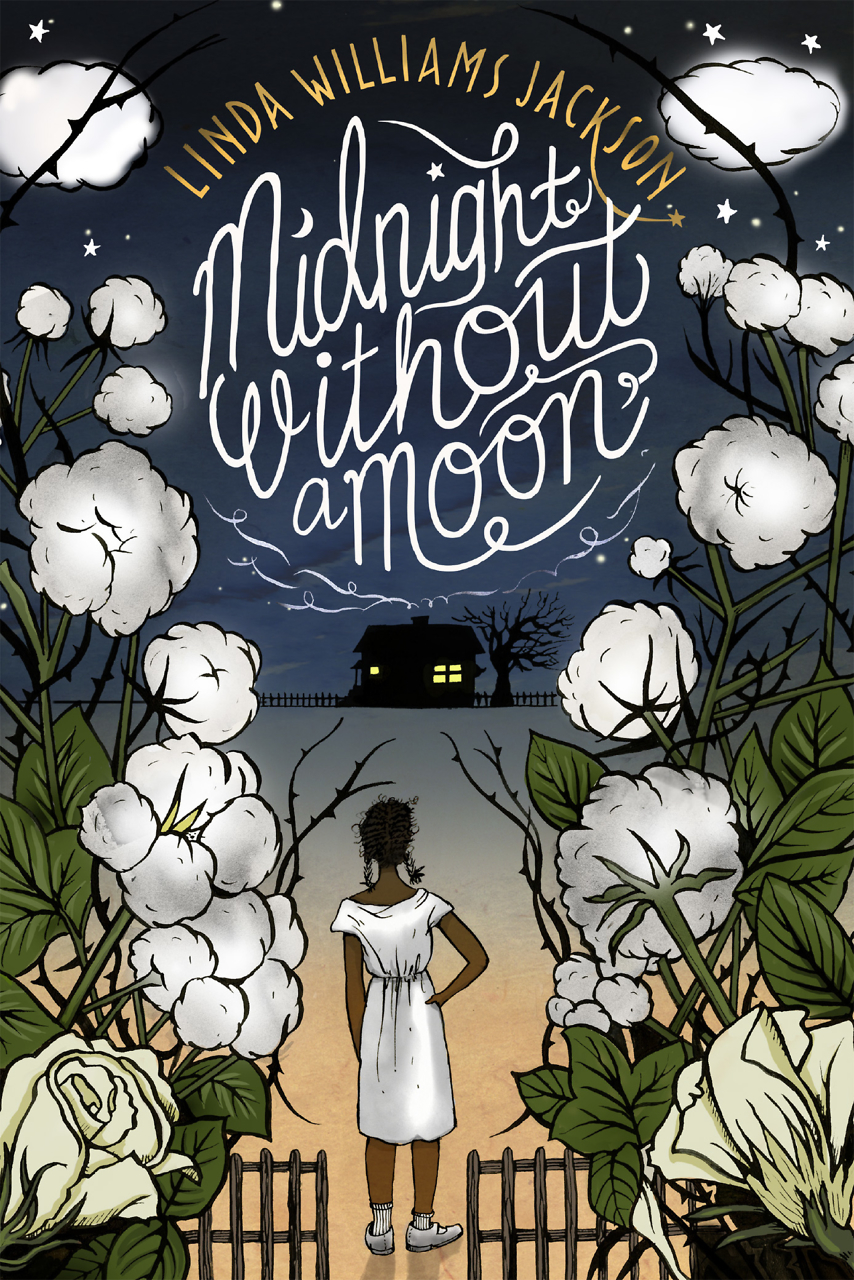Pay Dirt
With Gold Digger, spoken-word artist Minton Sparks explodes into song
“In my family, the only lucrative line of work is gold-diggin’,” Nashville-based spoken-word artist Minton Sparks announces in her fifth album, Gold Digger. And then she launches into an energetic, sharply etched tale of high heels used like “drill bits digging for a Texas sugar daddy.”
 Since her 2001 debut, Middlin Sisters, a love letter to her grandmother, Sparks has mined the rich territory of hard-luck folks insisting on their dignity in a world that’s not so much hostile to them as entirely indifferent. Her work—a hybrid spoken-word-with-music genre she invented herself—has been recognized by the Fellowship of Southern Writers and performed off-Broadway and around the country at poetry festivals and music venues alike. Sparks has opened for artists like Nanci Griffith and John Prine, and Marshall Chapman describes her as “the love child of Flannery O’Connor and Hank Williams.” Intense and eloquent, these lyrics have a musicality even without accompaniment, and their cadence is entirely Sparks’s own.
Since her 2001 debut, Middlin Sisters, a love letter to her grandmother, Sparks has mined the rich territory of hard-luck folks insisting on their dignity in a world that’s not so much hostile to them as entirely indifferent. Her work—a hybrid spoken-word-with-music genre she invented herself—has been recognized by the Fellowship of Southern Writers and performed off-Broadway and around the country at poetry festivals and music venues alike. Sparks has opened for artists like Nanci Griffith and John Prine, and Marshall Chapman describes her as “the love child of Flannery O’Connor and Hank Williams.” Intense and eloquent, these lyrics have a musicality even without accompaniment, and their cadence is entirely Sparks’s own.
A wife and mother, a former therapist and psychology teacher, a divinity-school dropout, and the author of two novels, the Murfreesboro native has lived enough to have found her real creative work and voice as a storyteller. Gold Digger, Sparks’s fifth album, is a forty-two-minute joyride through the desert at night with the windows open and headlights off. Its eleven tracks, with titles like “Streaker” and “Mary Kay Disciple,” smell like burning rubber, hickory-smoked barbecue, wooden church pews, stale lipstick, and the fear of a caged animal mixed with the taste—stolen sips from a bottle—of freedom. The acoustic, blues-hued “Desperation” cuts to the bone:
Desperation was a juke-joint jazz singer
laid up under the house of her husband
like a coonhound waiting on sundown.
It all come unwound the day
that drunk son of a gun rear-ended her.
Fender bender wound up in the state defender’s office—
You wanna talk about whiplash and dining-room table repossession?
Things’ll be different one day, desperation.
Things are gonna be different one day.
A single mama, margin-slip thin,
If her pastor hadn’t driven her back to the club
in his dirty-white, rat-trap, second-hand Le Sabre,
followed her home like a moon.
Goes to show you life turns on a dime;
Last call’s never the end of the line.
Things’ll look different one day, desperation.
This will all look different one day.
With no place else to lay her head,
she wound up praying in the pastor’s bed
for a little wiggle room between what Jesus did and Jesus said.
Oh, things’ll look different one day, desperation.
It’ll all look different.
 On the record’s first half, Sparks is accompanied by her longtime guitarist, the outstanding John Jackson; on the last five songs she’s joined by the equally talented Joe McMahan. Sparks is in her element on these tracks and so fresh she whips up a frenzy, cools down to rest, and then rises again, higher than ever. As always, her stories evoke ghosts, but instead of channeling her female ancestors, as she has done to critical acclaim on earlier albums, her focus here is wider and deeper. Her singing voice moves from firm to quivering, steadying herself against a sticky bar to argue for the defendant, or to confess. When she’s fired up, as she is in “Gold Digger” and “Tennessee Prison for Women,” the music and gorgeous backup singing by Luella Wood and Etta Britt rise to meet her voice and enhance the mood of her stories without drawing attention away from their subjects.
On the record’s first half, Sparks is accompanied by her longtime guitarist, the outstanding John Jackson; on the last five songs she’s joined by the equally talented Joe McMahan. Sparks is in her element on these tracks and so fresh she whips up a frenzy, cools down to rest, and then rises again, higher than ever. As always, her stories evoke ghosts, but instead of channeling her female ancestors, as she has done to critical acclaim on earlier albums, her focus here is wider and deeper. Her singing voice moves from firm to quivering, steadying herself against a sticky bar to argue for the defendant, or to confess. When she’s fired up, as she is in “Gold Digger” and “Tennessee Prison for Women,” the music and gorgeous backup singing by Luella Wood and Etta Britt rise to meet her voice and enhance the mood of her stories without drawing attention away from their subjects.
The push-and-pull pacing of these pieces underscores their sense of imminent danger, like a hungry wolf on a threadbare leash. This element of primordial fear, as well as Sparks’s brilliant manipulation of perspectives—seeing through the eyes of both the metaphorical wolf and the woman in the animal’s path—adds emotional layers to these tales of fighting for one’s life and also softly pleading for freedom.
Telling hard truths about people who don’t care about a happy ending so much as about getting out from underneath a rock, Sparks sings more on this album than ever before, although she still delivers some songs like monologues, spoken deadpan or with a whisper for forsaken subjects that feel familiar and strange at the same time: our relatives, living and dead; our own fractured reflections, unrecognizable but undeniably true; our tremulous hearts. Sparks delivers the frenzy-whipping with perfect control and elocution, successfully channeling into these tracks all the magnetism of her live performances. The result is an album that teases, goads, entertains, and cocks the hammer of a .38 Special while cooing bittersweet lullabies that burn.

Sarah Norris holds an M.F.A. in creative nonfiction from Sarah Lawrence College and has reviewed books for The Daily Beast, Christian Science Monitor, San Francisco Chronicle, and Village Voice, among other publications. She lives in Nashville.


